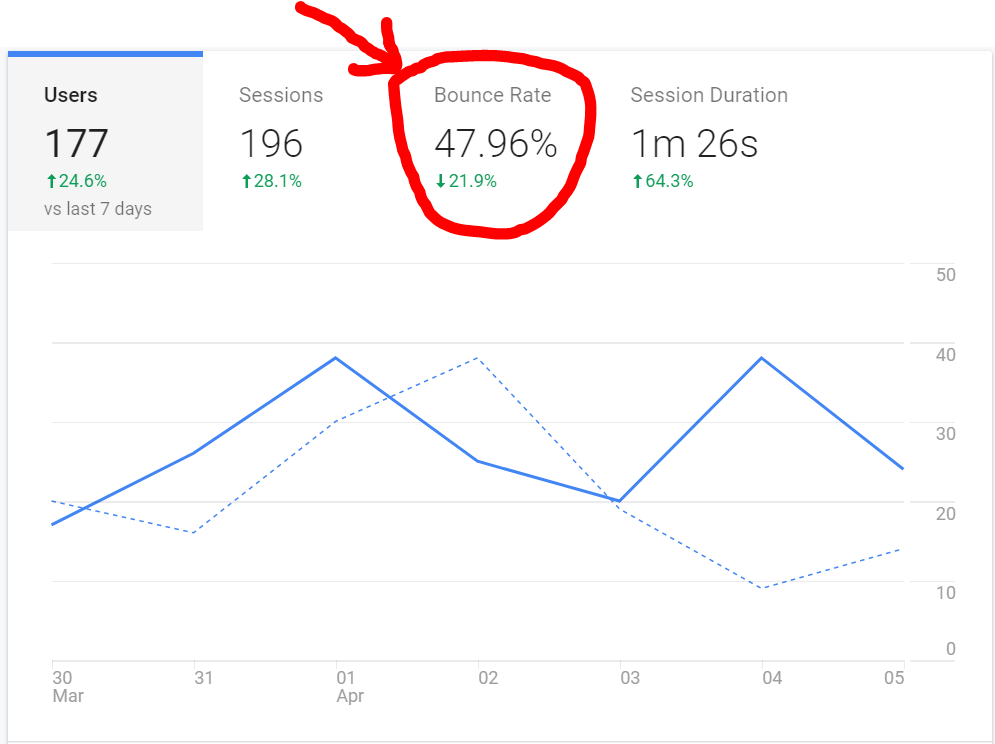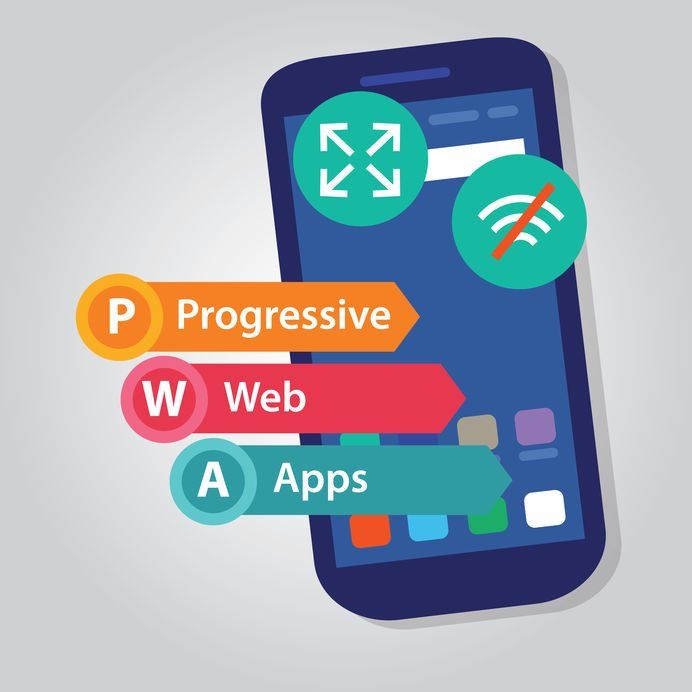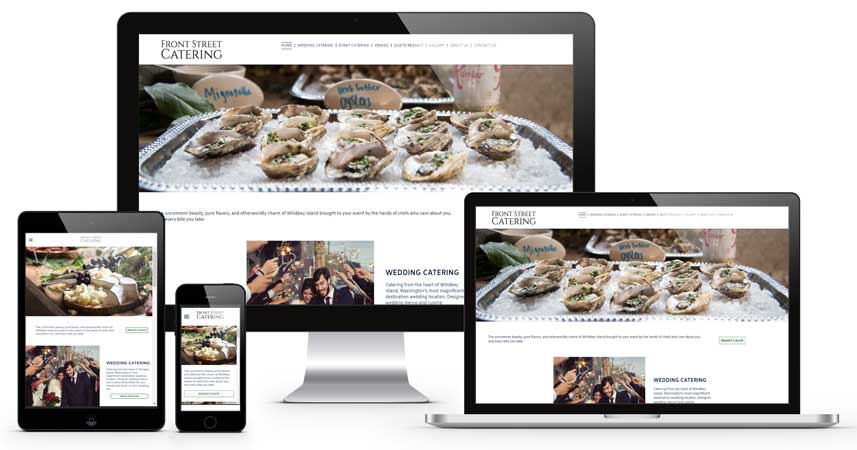We provide amazing results
We understand that every client has unique needs. This is why we emphasize a client-centric approach and avoid one-size-fits-all solutions. From our initial conversation, I will strive to fully grasp your requirements, and then create a tailored plan that aims to achieve the best results within your budget.

Search engines are constantly evolving, and one of the most debated topics in SEO is the influence of social media on search rankings. While Google has stated that social media metrics like likes and shares are not direct ranking factors, there’s no denying that social media activity can have a significant indirect impact on SEO. The question is: Are some social media connections more valuable to SEO than others? The short answer is yes. Not all social media platforms contribute to SEO in the same way. Some platforms are more authoritative, indexed more frequently, and capable of driving high-quality referral traffic. In this article, we’ll explore which social media connections offer the most value for SEO and how to leverage them for better search rankings. 1. YouTube: A Powerhouse for Video SEO YouTube is owned by Google, making it one of the most influential platforms for SEO. Well-optimized videos can appear in both Google’s video search results and regular search listings. By incorporating keyword-rich titles, descriptions, and captions, you can enhance your website’s visibility. SEO Benefits: YouTube videos rank in Google’s search results, providing an additional avenue for visibility. Embedded YouTube videos can increase dwell time on your website, a positive user engagement signal. Video content encourages backlinks and social shares, indirectly boosting domain authority. 2. Twitter/X: Fast Indexing & Brand Mentions Twitter is one of the few social media platforms that Google indexes frequently. Tweets from authoritative accounts often appear in Google search results, making Twitter an effective tool for amplifying content reach. SEO Benefits: Tweets appear in search engine results, increasing visibility for trending topics and branded searches. Twitter encourages brand mentions, which can lead to natural backlinks from other sources. Sharing high-quality content can drive referral traffic and encourage organic link-building. 3. Pinterest: Image SEO & Long-Term Traffic Pinterest is often overlooked in SEO discussions, but it is a powerhouse for driving organic traffic, especially in visual niches like fashion, food, travel, and home decor. Pins can rank in Google image searches and continue driving traffic for months or even years after they are posted. SEO Benefits: Pins and boards get indexed by Google, providing additional opportunities for search visibility. Keyword-rich descriptions help improve rankings in both Pinterest and Google searches. High engagement on Pinterest can lead to more inbound links from blogs and websites. 4. Reddit & Quora: Niche Authority & Referral Traffic Both Reddit and Quora offer opportunities to position yourself as an industry expert while driving targeted traffic to your website. While links from these platforms are typically nofollow, their impact on SEO goes beyond link value. SEO Benefits: Well-received answers and discussions can appear in Google search results, increasing your content’s reach. A strong presence on these platforms can build brand authority and encourage organic backlinks from other sources. Referral traffic from niche communities tends to be highly engaged, reducing bounce rates and improving on-site metrics. 5. Facebook & Instagram: Brand Awareness & Engagement While Facebook and Instagram are less directly tied to SEO, they still play a role in overall digital marketing success. Posts on these platforms aren’t typically indexed by Google, but they help with brand discovery, social sharing, and audience engagement. SEO Benefits: Strong social engagement can lead to more website visits and increased branded search queries. Viral content can attract media attention and backlinks from other websites. Social proof and user engagement contribute to trust and authority, indirectly boosting SEO. Maximizing Social Media for SEO Success To make the most of your social media connections for SEO, follow these best practices: Share high-quality content that is valuable, shareable, and engaging. Optimize your social media profiles with relevant keywords, descriptions, and links to your website. Encourage social sharing to increase content reach and the likelihood of earning backlinks. Use social media to amplify new content, driving initial traffic and engagement that can lead to organic ranking improvements. Engage with industry influencers and communities to increase visibility and credibility. Not all social media connections are created equal when it comes to SEO. YouTube, X, Pinterest, and Reddit offer the strongest indirect SEO benefits by driving traffic, encouraging backlinks, and increasing content visibility in search results. However, a well-rounded social media strategy that includes brand-building on platforms like Facebook and Instagram can still contribute to overall online authority. By leveraging the right social media channels strategically, you can enhance your SEO efforts, drive more organic traffic, and establish your brand as an industry leader. Social media and SEO go hand in hand—so make sure you're using both to their full potential!

Let’s start by looking at CONTENT: The vast majority of Google ranking algorithm
updates made over the last 8 years have focused on website content. This is a
clear indication that Google places a premium on content when determining ranking
on a search results page. Internally, Google
uses the acronym E-A-T to when considering Page Quality - essentially determining
a websites’ value. What is E-A-T?

What is a bounce you might ask? A “bounce” occurs when someone visits your website and leaves without interacting. Your bounce rate shows you the percentage of your visitors who “bounce” off your site. Bounce rates in the range of 26% to 40% are considered quite good, while an average rate would be somewhere around 49%. According to SEMrush, bounce rate is the 4th most important ranking factor on SERPs. Google Analytics considers an interaction if the visitor goes to at least one additional page before leaving. Speaking of Google Analytics, you’ll be amazed at the information you can find if you have a Google Analytics account setup for your website. By logging into your account, you’ll not only find your bounce rate but also the site-wide bounce rate. RocketFuel defines site-wide bounce rate as the average number of bounces across all of your pages divided by the total number of visits across all of those pages within the same period. If you set up benchmarking, you’ll be able to compare how your site fares with industry averages. Ultimately, a “good” bounce rate will be different for every site. It may even be different for every page on your site. The focus should be on using this metric to find weaknesses in your site. A high bounce rate is an indication of low interest in the content on the page, or a poor site navigation. Recommendations for how to improve your site’s performance: Perhaps your first option is to weed out those pages that have a high bounce rate. Are they needed if your customers aren’t staying on the page? User experience improvements. Conversion rate optimization . Improving calls to action. Create outstanding content. Quality over quantity is always a better option than just a lot of text! Speed up page load time . Reassess your keyword targeting for SEO.

Most people believe that once their shiny new website is
launched, it will magically appear on everyone’s screen. Obviously not true. Yes,
eventually the search engines will index and rank your website and it will
start showing up in search results, but that can take months. Only 22% of
websites ranking in the top 10 on the 1st page were created within the
first year. That’s your competition.

The Latest technology upgrade to the hosting platform Whidbey Web Design uses brings along a whole set of advantages, including improved performance and better conversion rates. It does this by updating scripts that will enhance page speed, thereby improving user experience and lowering bounce rates. Let me put this in laymans terms: The technology that runs our websites has been updated to allow our websites to load faster on Desktops, Tablets and Mobile devices. This is a good thing because page speed is one of the key factors Google and other search engines use to rank websites. Website technology continues to evolve, and here is another example of how our hosting service stays current with the changes in our industry. The technology upgrade I’m referring to is known as Progressive Web Apps (PWS). To date, not all browsers take full advantage of this new technology, but websites in our portfolio will be ready when they do. This new technology was developed by Google, so of course Chrome has implemented this technology. Microsoft’s Internet Explorer and Apple’s Safari have also started implementing some of the features. Keeping our Clients websites up-to-date with the latest web and security standards is our top priority! Updates such as the PWA upgrade happen in the background, and are included in our monthly hosting fee. We consider that just part of good customer service.



